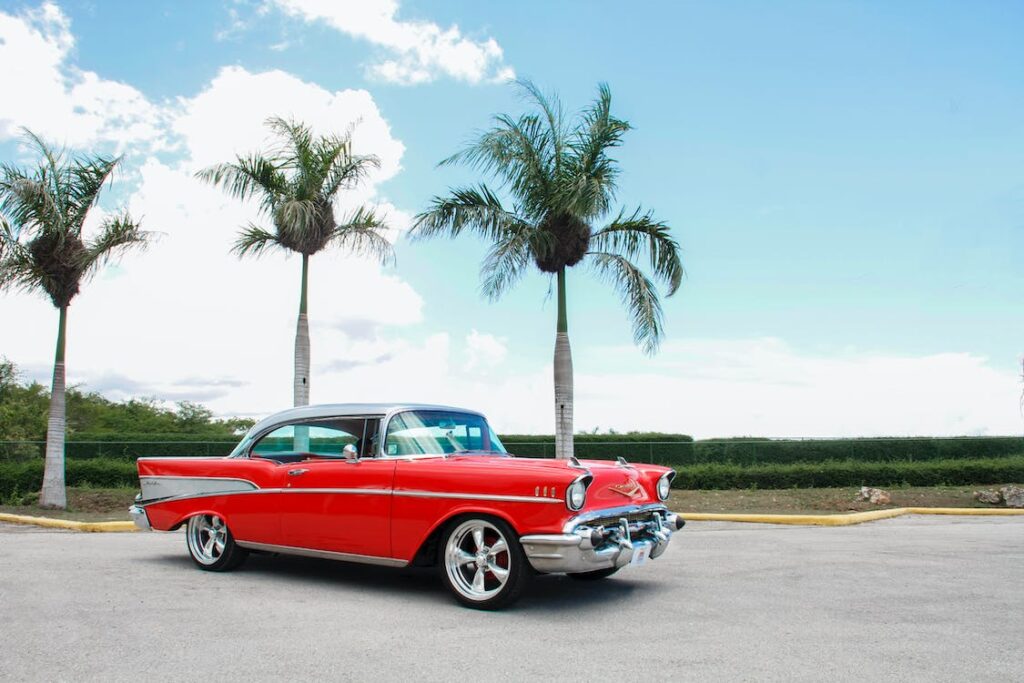
When it comes to fuel efficiency, there are two types of mileage to consider: city mileage vs highway mileage. Understanding the differences between the two can help you optimize your fuel economy and save money at the gas pump.
Factors Affecting Fuel Efficiency in City Driving
How to understand the difference city mileage vs highway mileage? City driving is characterized by frequent stops and starts, lower speeds, and shorter distances. This type of driving can dramatically affect fuel efficiency. Here are some factors that can impact fuel economy in city driving:
Traffic congestion: Heavy traffic can cause a lot of stopping and starting, which can increase fuel consumption.
Route selection: Choosing the most direct route can help minimize distance and reduce fuel consumption.
Acceleration and braking: Rapid acceleration and hard braking can waste fuel and decrease fuel efficiency.
Vehicle weight: Carrying unnecessary weight in your vehicle can increase fuel consumption.

Factors Affecting Fuel Efficiency in Highway Driving
Highway driving involves longer distances and higher speeds than city driving. It is important to understand city mileage vs highway mileage. Here are some factors that can affect fuel economy in highway driving:
Speed: Driving at high speeds can decrease fuel efficiency.
Wind resistance: Driving against the wind can increase fuel consumption.
Road conditions: Driving uphill or on rough roads can negatively impact fuel economy.
Vehicle maintenance: Proper vehicle maintenance, such as regular oil changes and tire rotations, can improve fuel efficiency.
Tips for Optimizing Fuel Economy
Regardless of whether you’re driving in the city or on the highway, there are steps you can take to maximize fuel efficiency:
Maintain a consistent speed: Avoid rapid acceleration and hard braking.
Keep your vehicle well-maintained: Regular tune-ups and tire rotations can help improve fuel efficiency.
Reduce vehicle weight: Remove any unnecessary items from your vehicle to decrease weight.
Use cruise control: Maintaining a consistent speed can help improve fuel efficiency.
Plan your route: Choosing the most direct route can help you save fuel.
Avoid idling: Turn off your engine when you’re parked or stopped for an extended period of time.

Are Volvos good high mileage cars?
Volvos are known to be high mileage cars and can last for over 200,000 miles. With proper care each year, the vehicle can continue to run for many years. In fact, some people even consider Volvos as classics. The original Volvo High Mileage Club, which rewarded drivers for the number of miles they drove in a Volvo, had over 38,000 members before it was folded. However, members can now join the Volvo Heritage Club, which still rewards people for mileage and/or the number of years they’ve owned a Volvo. Overall, Volvos are considered good high mileage cars and are known for their longevity and durability.
How to use a new device for your car?
The Mileage Blocker is a cutting-edge device for your car developed by the renowned German Super Kilometer Filter team. Once installed, this device ensures that your car no longer accumulates new miles to its existing data. Unlike other methods, the mileage blocker does not delete, roll back, or reset the information. Instead, it conveniently prevents any additional mileage from being added while it is plugged in and switched on. This advanced technology guarantees the utmost sophistication and reliability, making it impossible for both scanners and humans to detect your precise journey distance. With straightforward DIY installation instructions, you can easily set up the gadget yourself without the need for extra hassle or a visit to a nearby garage.
Last Thoughts
Understanding the differences city mileage vs highway mileage is essential for optimizing fuel economy. By taking steps to improve fuel efficiency, you can save money at the gas pump and reduce your carbon footprint.
Latest Posts
- 1
- 2
Is Buying a Car with Over 100k Miles a Good Idea?
April 10, 2024 - 3
Why Are High Mileage Cars So Expensive? – A Guide
April 5, 2024 - 4
Where Is The Mileage Located In A Car?
April 3, 2024 - 5
Whats High Mileage in Vehicles?
March 29, 2024 - 6
What’s The Gas Mileage On A Smart Car: A Comprehensive Guide
March 27, 2024 - 7
At What Mileage Should You Sell Your Car?
March 22, 2024 - 8
Should You Buy a Car with Over 100k Miles?
March 20, 2024 - 9
Should You Buy a Car with 100k Miles?
March 15, 2024 - 10
Understanding ODO Meaning in a Car
March 13, 2024








